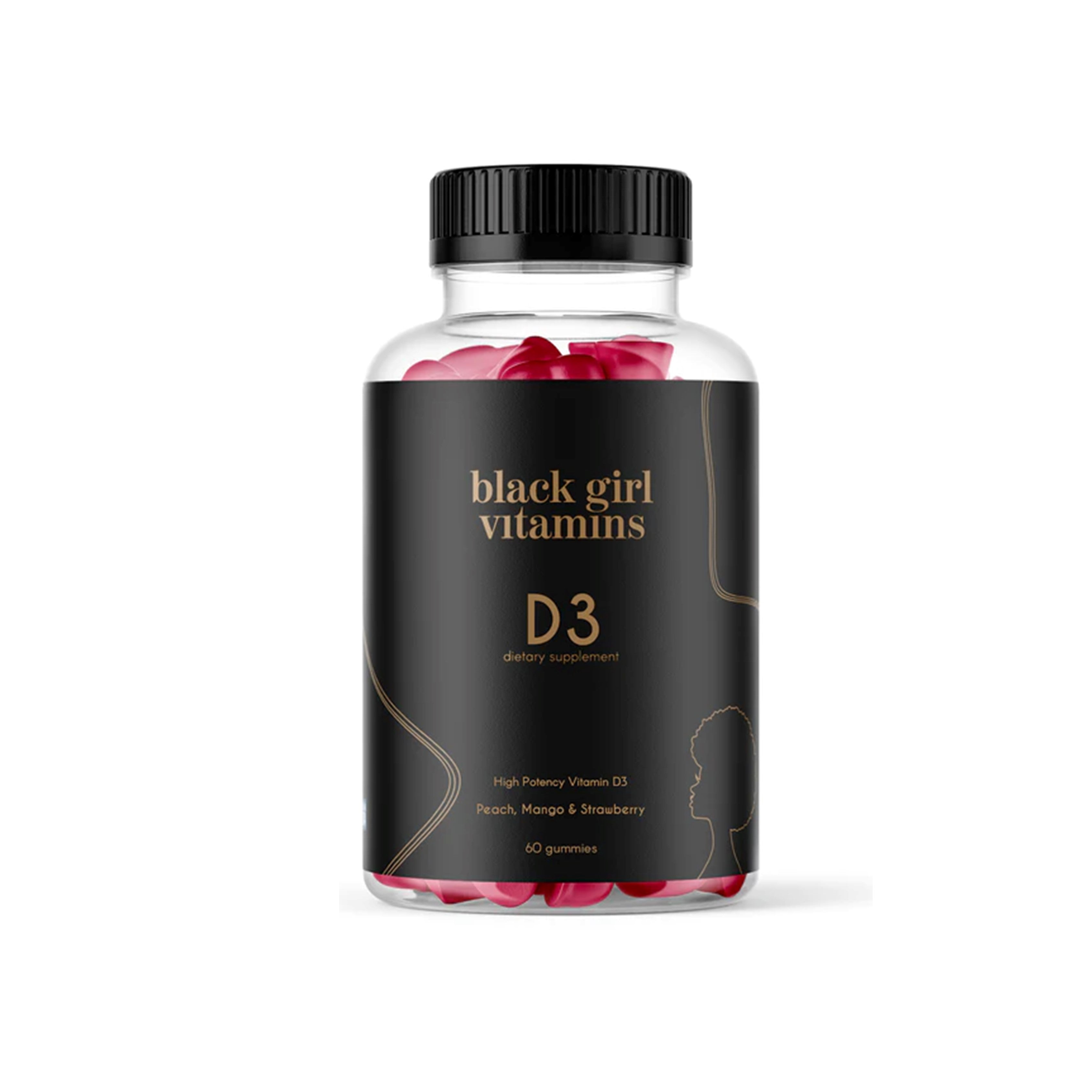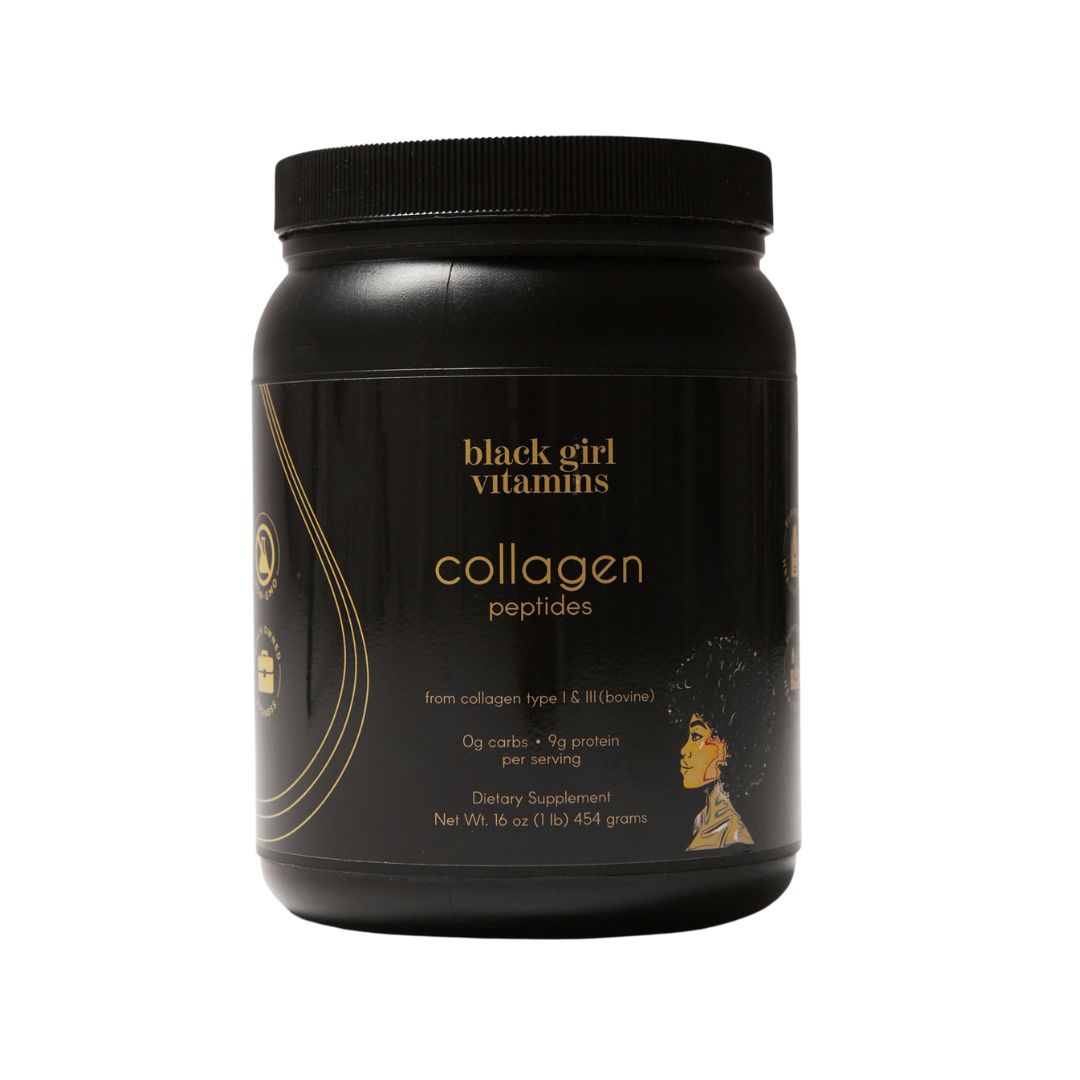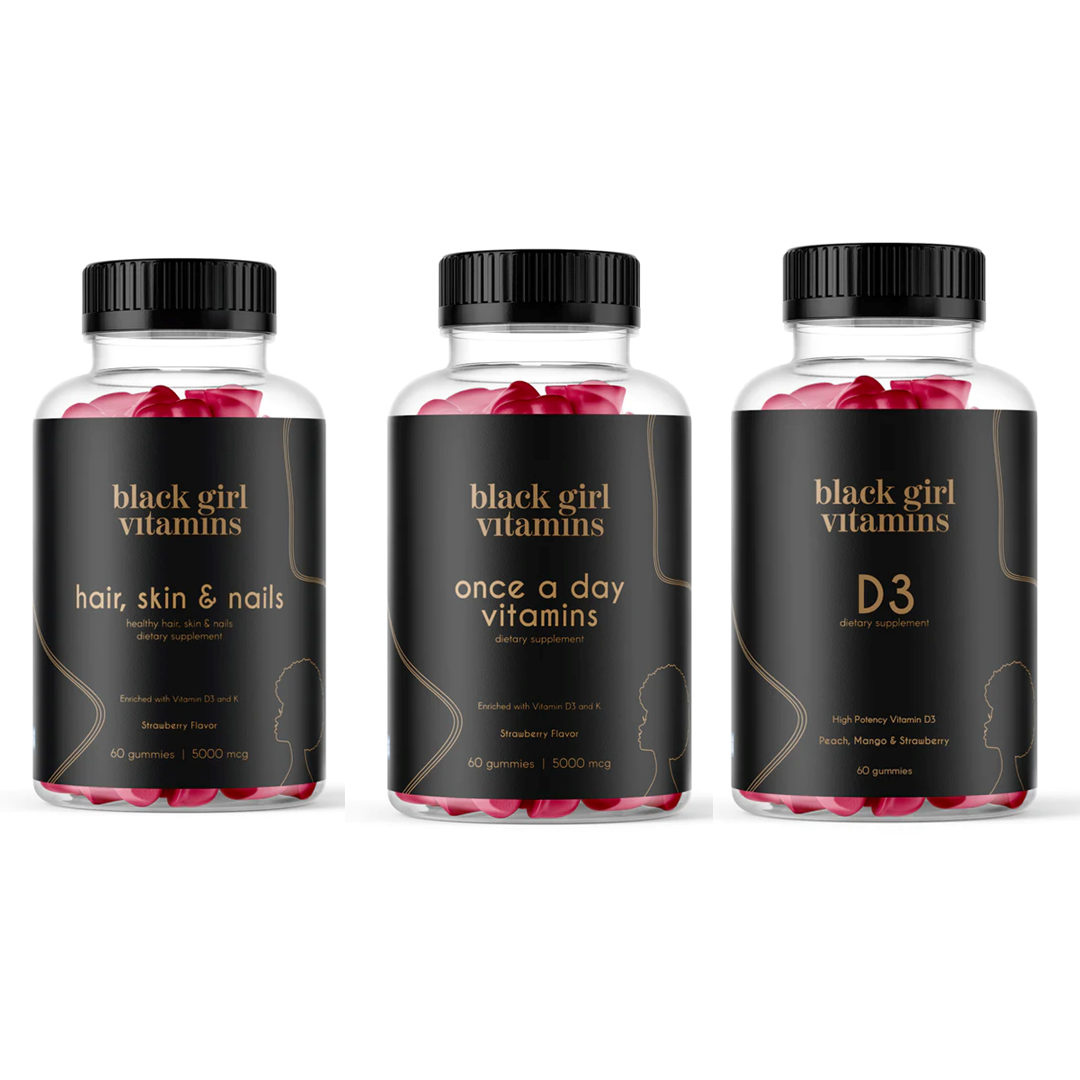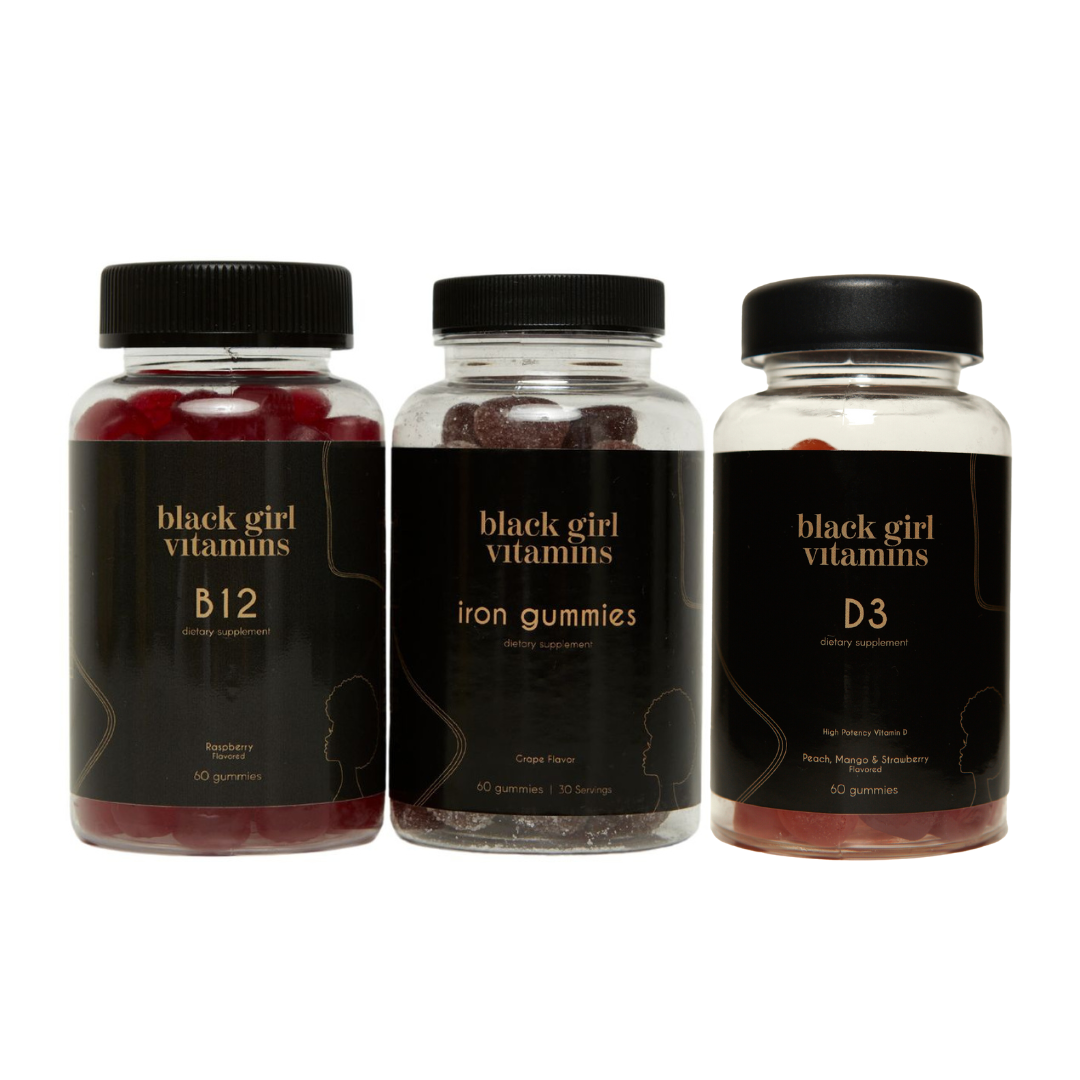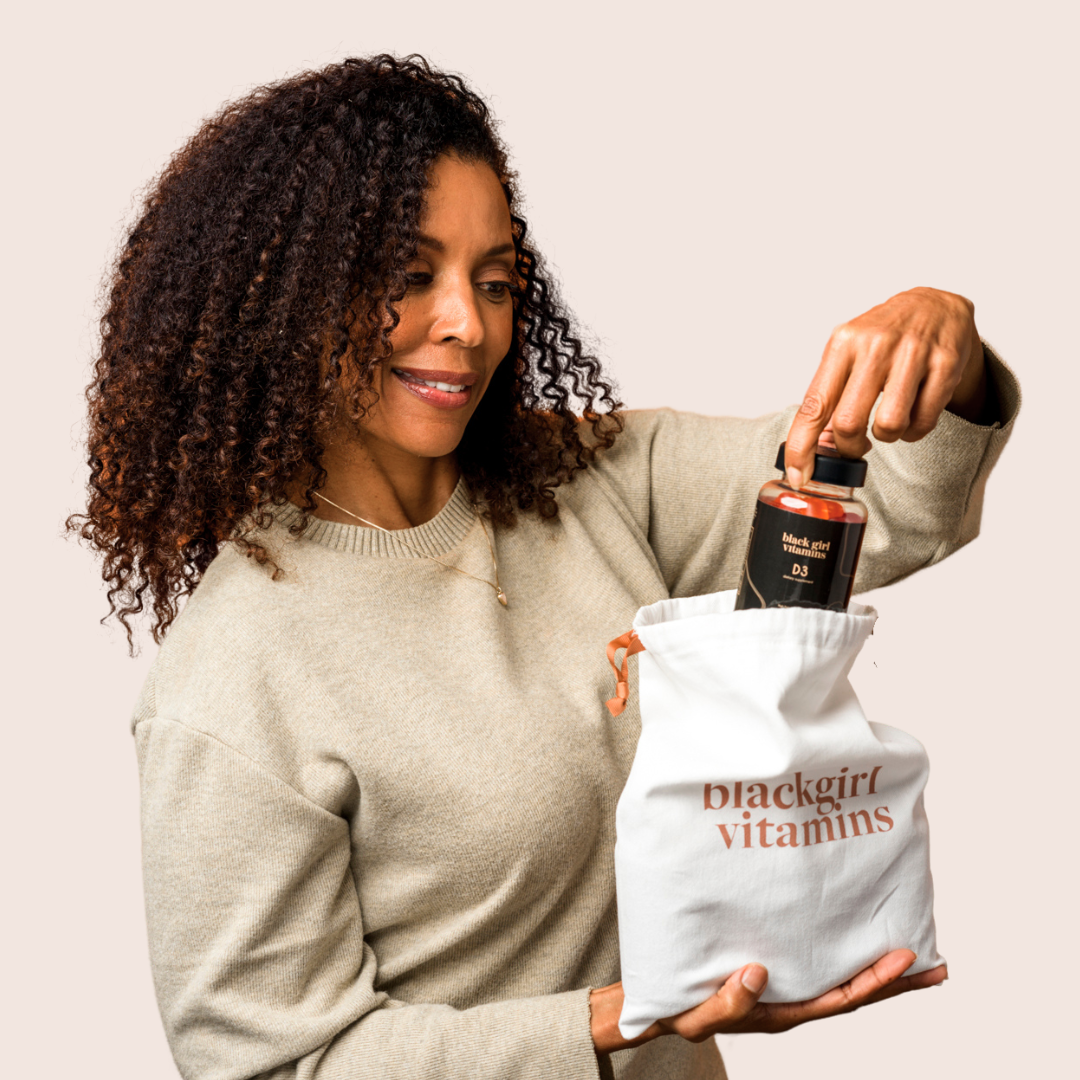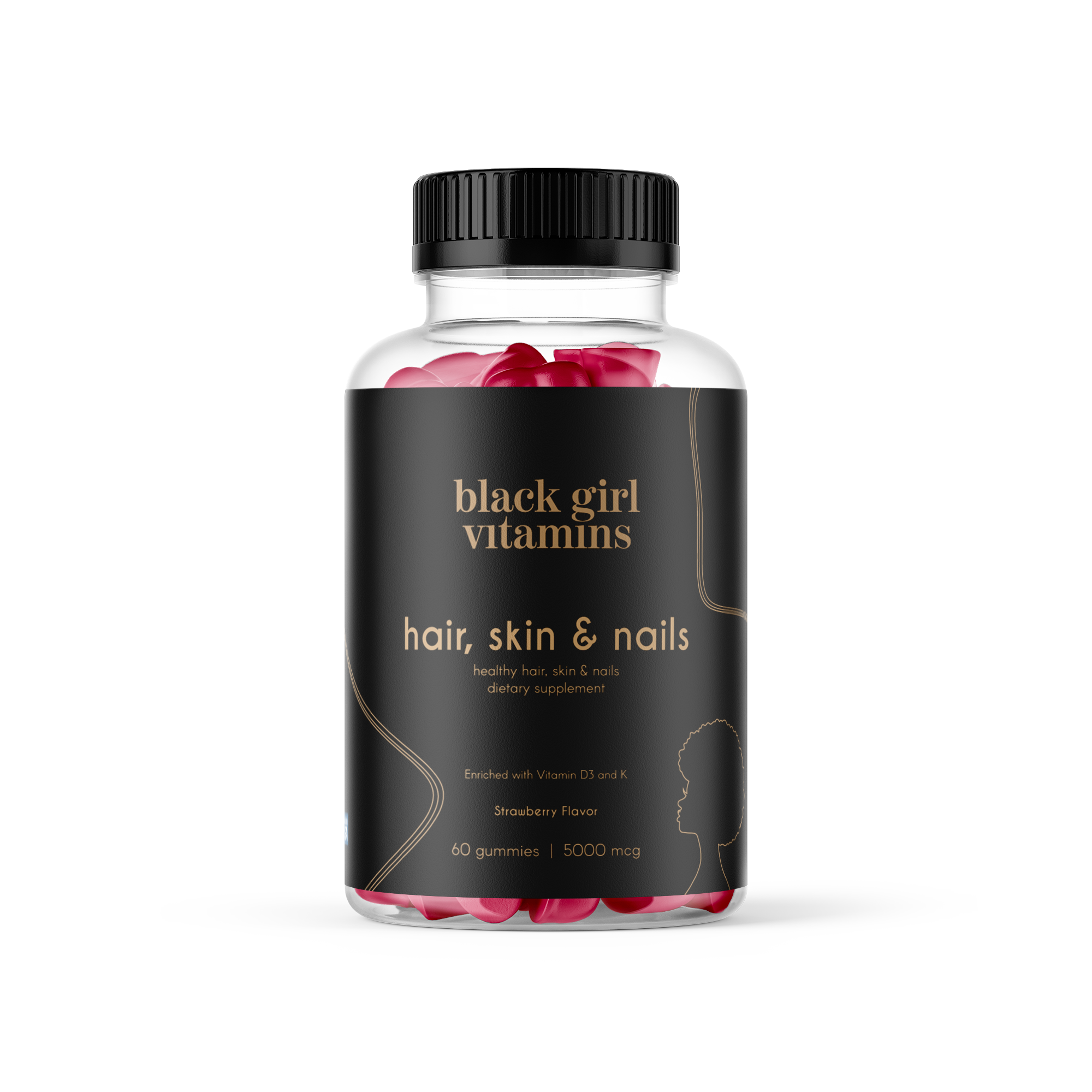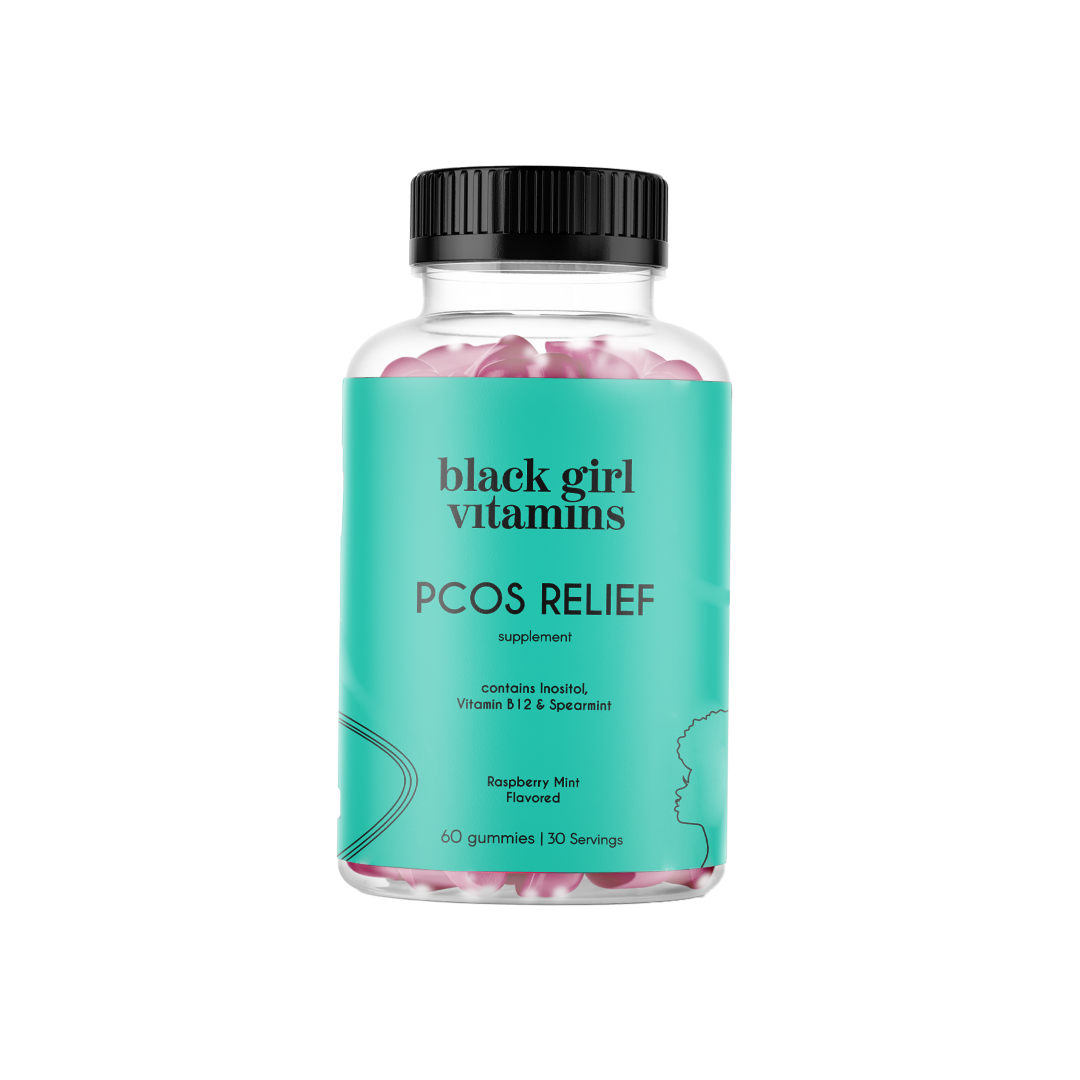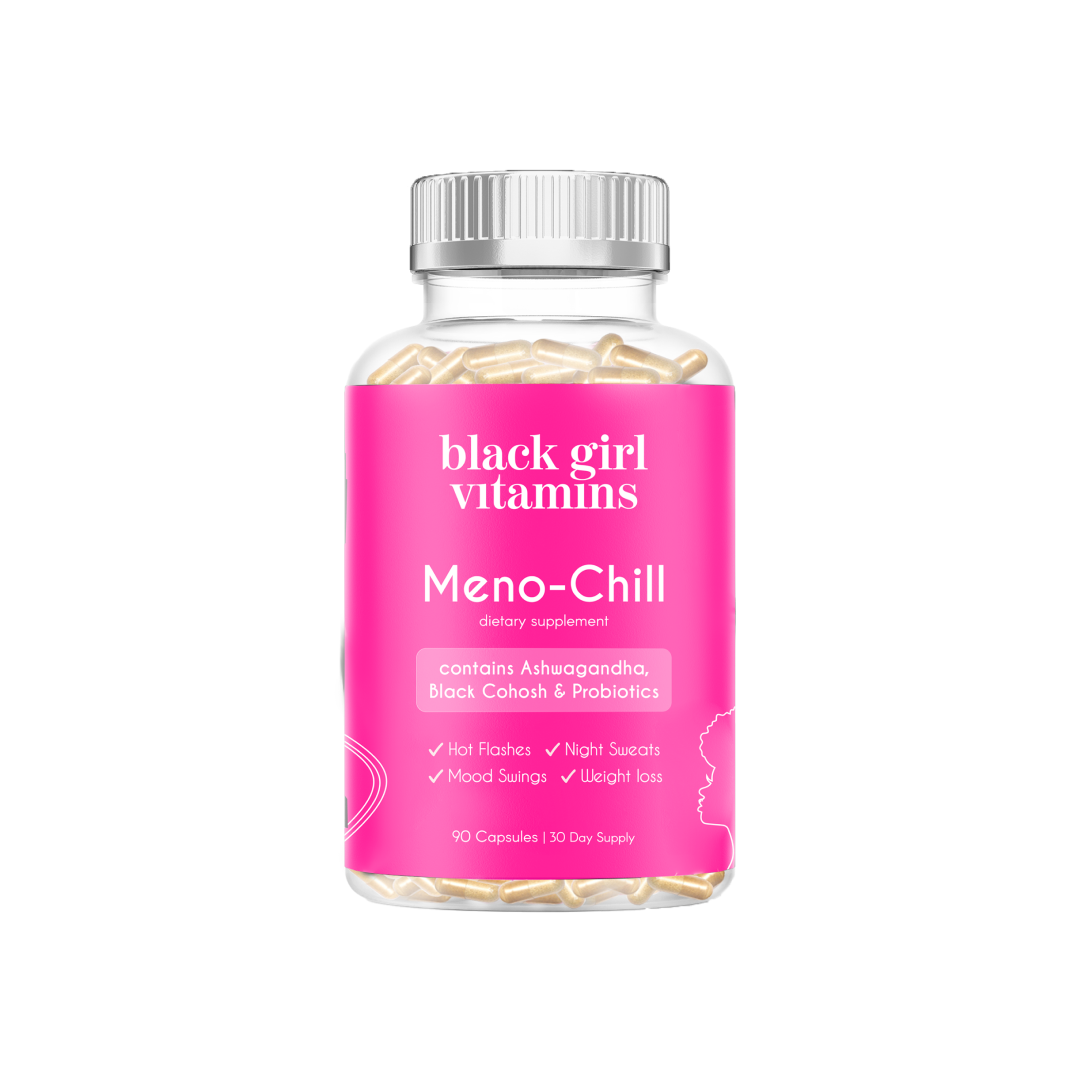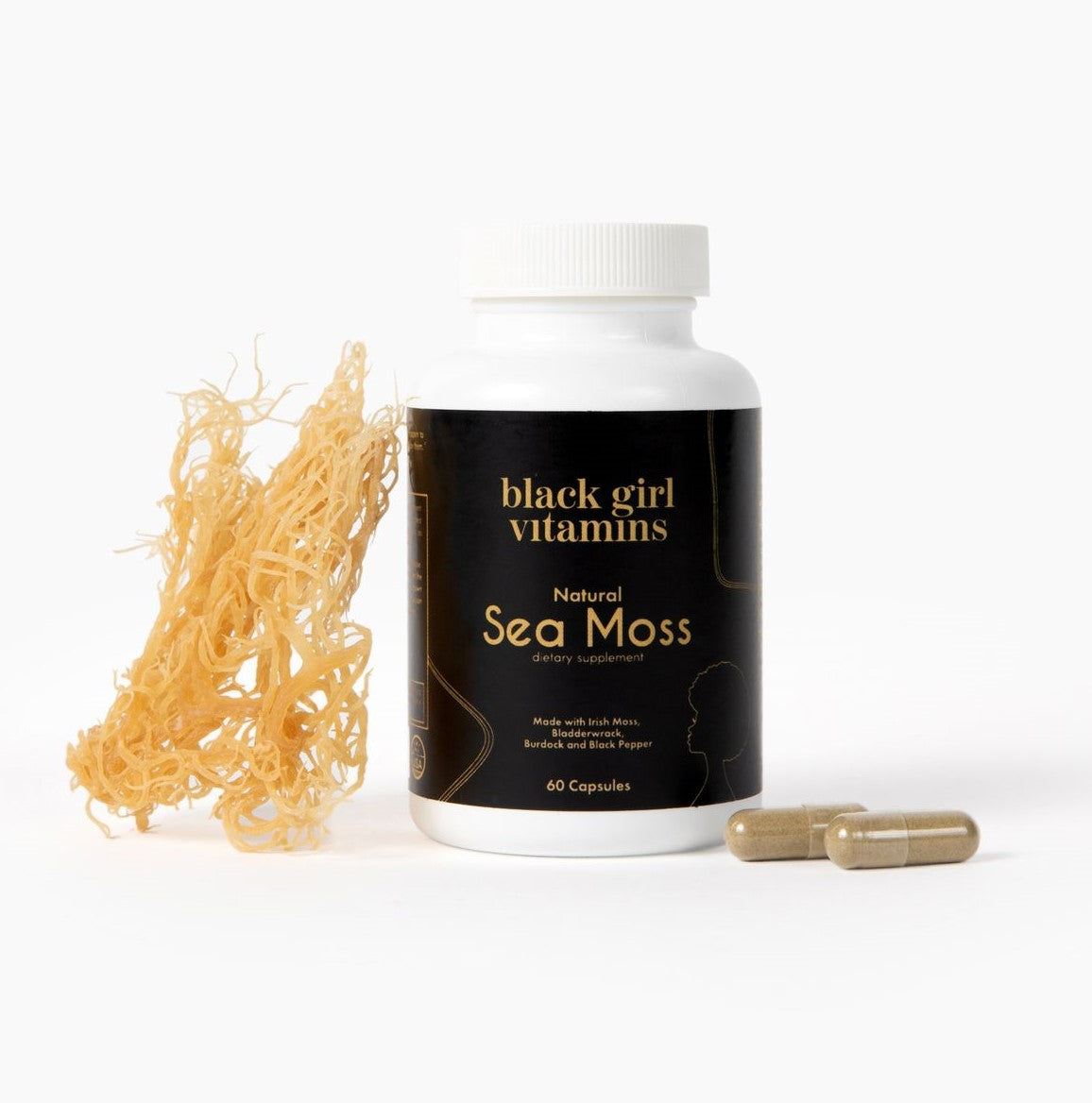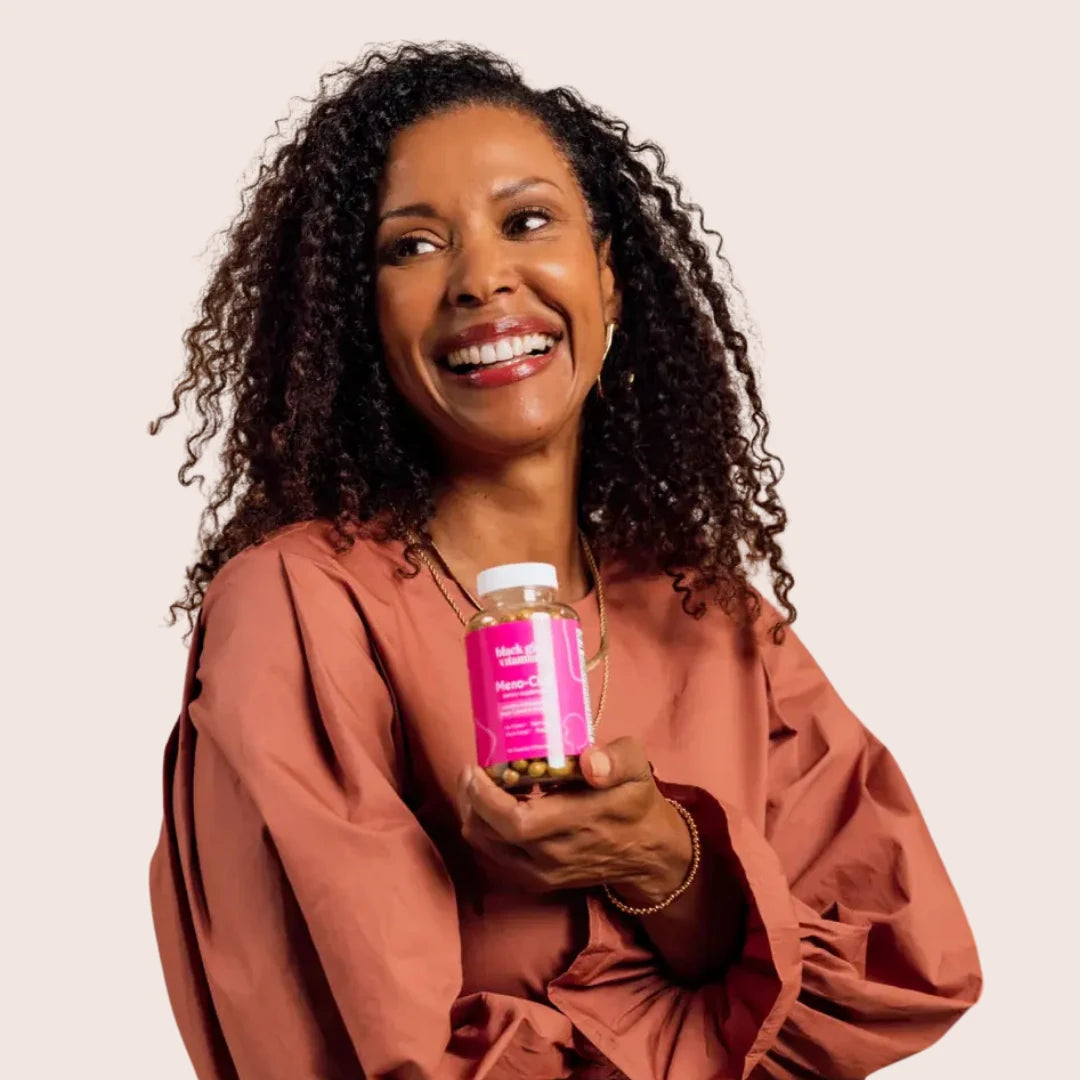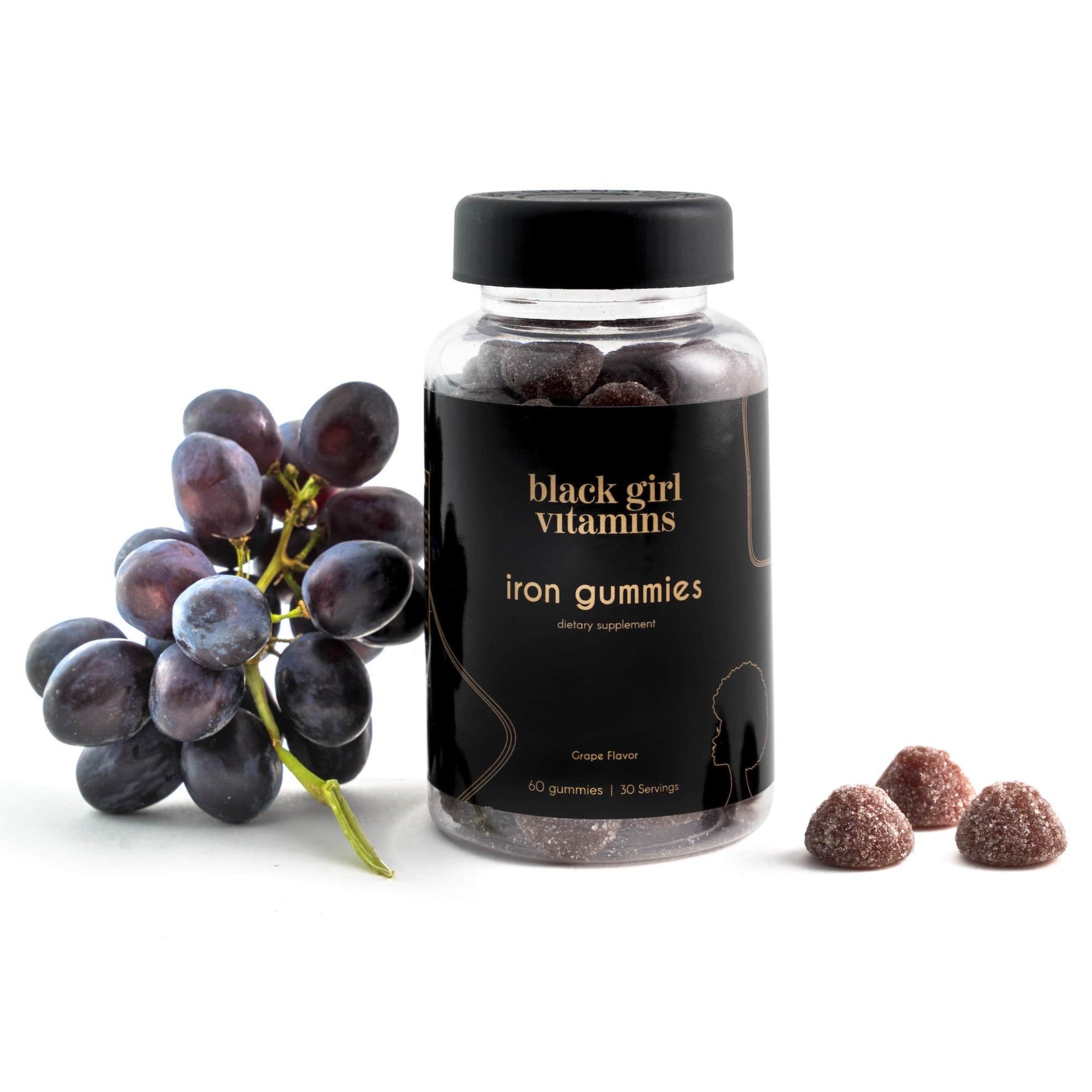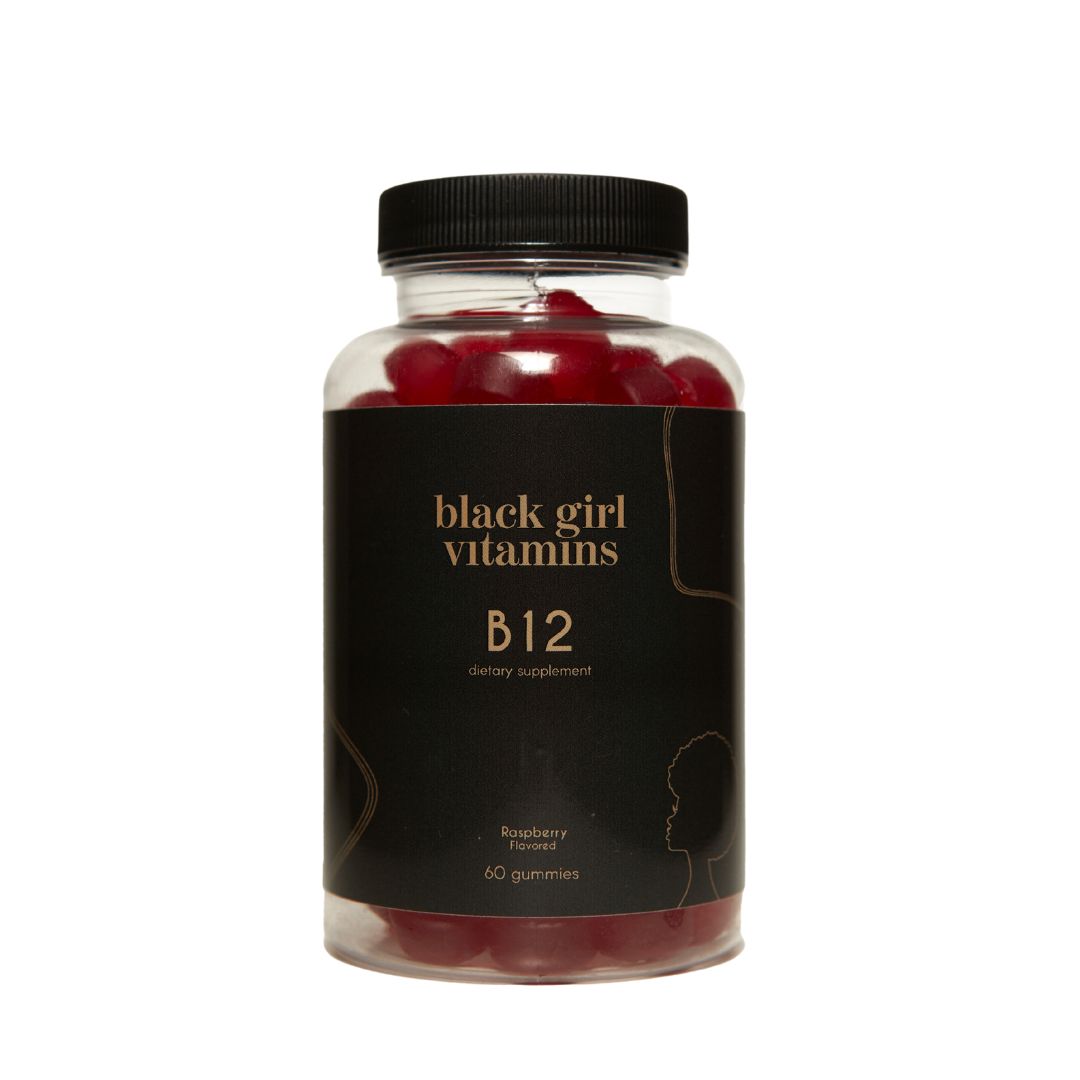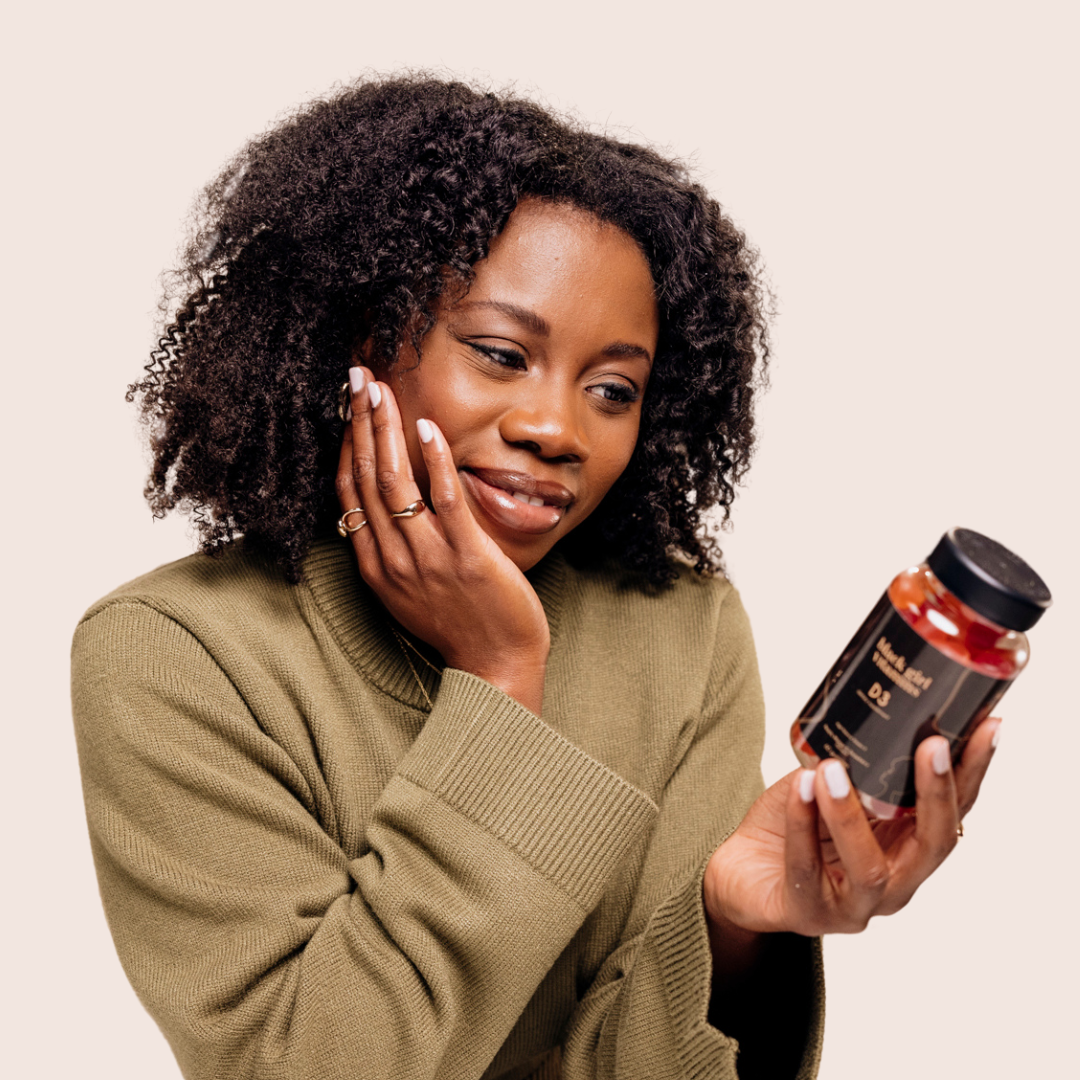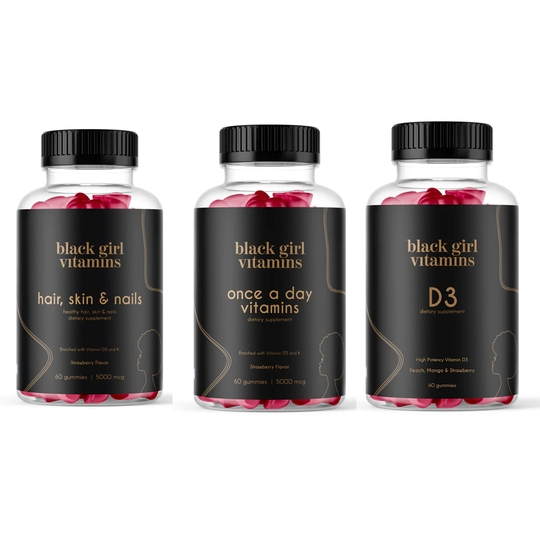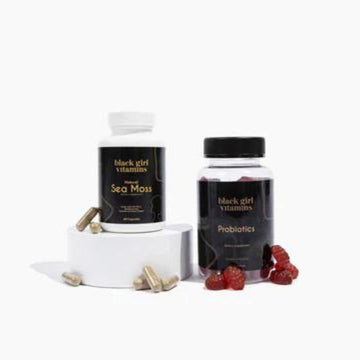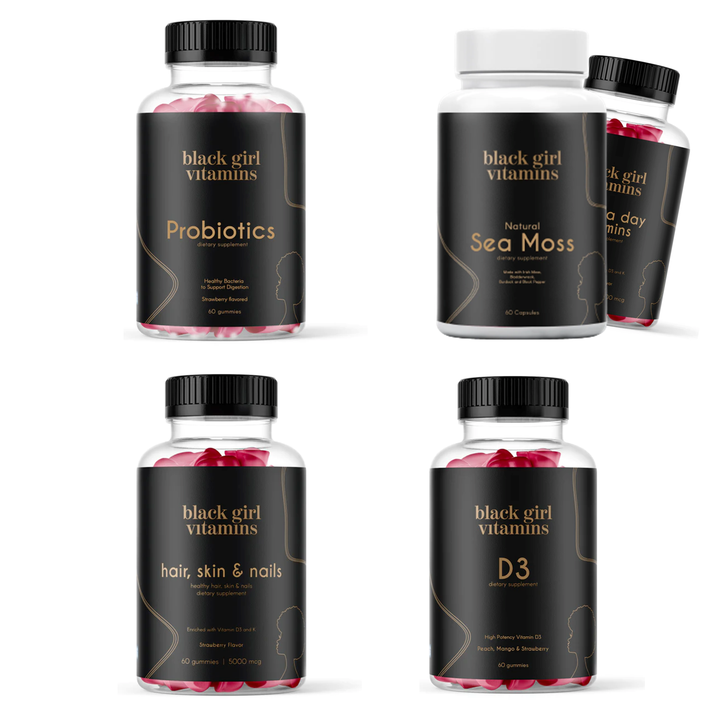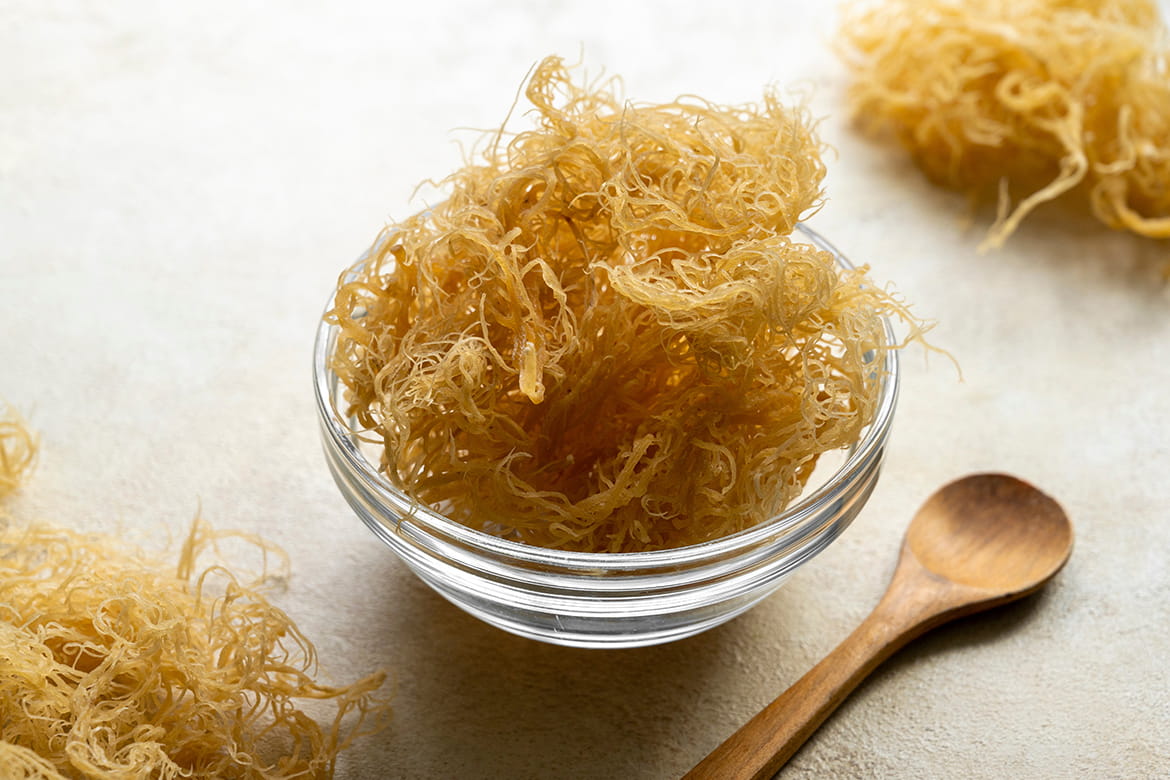Can Sea Moss Cure Muscle Cramps?
Sea moss is superfood known for being highly nutritious. From boosting immunity to improving skin health, it's no wonder this nutrient-rich algae has become a popular addition to many diets. But beyond its general health benefits, one question is circulating among people who experience muscle discomfort: can sea moss cure muscle cramps? Here’s a closer look at what this nutrient-packed superfood might do for muscle health.
What is Sea Moss?
Sea moss is a type of red algae commonly found in the Carribbean and Ireland. Not just another social media trend, sea moss is actually a nutrient-rich superfood jam packed with many of the vitamins, minerals, and antioxidants our bodies need to function. Here are just some of the nutrients in sea moss:
-
Iodine
-
Calcium
-
Magnesium
-
Potassium
-
Iron
These nutrients work hard to keep your body functioning, from improving skin health to supporting muscle function.
Does Sea Moss Help Cure Muscle Cramps?
While no single food can guarantee to cure muscle cramps, sea moss contains several key minerals that can actually help ease and prevent cramping. Here are some common minerals that support healthy muscle function:
Magnesium

Did you know that one of the common causes of muscle cramps is magnesium deficiency? Magnesium is a major player in muscle function. It helps muscles relax after they contract, which can prevent cramps.
When you don’t get enough magnesium, your muscles can tighten up, giving you those pesky, painful spasms. That's why it's important to get enough of it in your diet, and sea moss, with its high magnesium content, can be a natural way to help keep those cramps at bay.
Potassium
Potassium helps keep your fluid balance and electrolytes in check, which is important for muscle function. When you’re low in potassium, you’re more likely to experience muscle weakness and cramps, especially after you work out or if you’re dehydrated.
But since sea moss is high in potassium, it can help reduce cramps by replenishing this key nutrient.
Other Nutrients that Support Muscle Health
When it comes to supporting healthy muscle function, magnesium and potassium are definitely the stand-out players. But beyond those two, sea moss also contains smaller, yet still important nutrients that contribute to muscle health. For example, iodine, calcium, and iron don’t directly cure cramps, but they play essential roles in keeping your muscles in top condition. Here’s how:
-
Iodine helps keep your thyroid working properly, which affects your energy levels.
-
Calcium is important for muscle contraction.
-
Iron makes sure your muscles get enough oxygen to work well, which can help prevent fatigue that could lead to cramps.
How to Use Sea Moss for Muscle Cramps

Sea moss is easy to incorporate into your daily routine. From sea moss drinks to sea moss gummies, there are plenty of ways to make this nutritious red algae part of your diet.
Keep in mind that while sea moss can be helpful, it should be combined with other lifestyle changes to see results. Here are some healthy habits to make to alleviate muscle cramping:
Stay Hydrated
Dehydration is one of the most common causes of muscle cramps. Make sure you’re drinking enough water, especially during physical activity.
Don’t Forget To Stretch!
Nothing can ruin a good workout like a muscle cramp. To keep your body flexible, it’s important to stretch before exercise to warm up your muscles and reduce the likelihood of cramping.
Eat a Balanced Diet
Because muscle cramping is often caused by certain deficiencies, it’s a good idea to make sure you’re getting enough magnesium, potassium, and calcium to support muscle health. Sea moss alone can’t treat a mineral deficiency, but a diet rich in fruits, vegetables, and whole grains can.
Don’t Overdo It
Pushing yourself too hard during a workout or otherwise can put a lot of strain on your muscles, leading to cramps. To avoid this, make sure to pace yourself and rest when needed.
Sources:
Sea Moss - Uses, Side Effects, and More | WebMD
What to know about sea moss | Medical News Today
Foods That May Help With Muscle Cramps | WebMD





